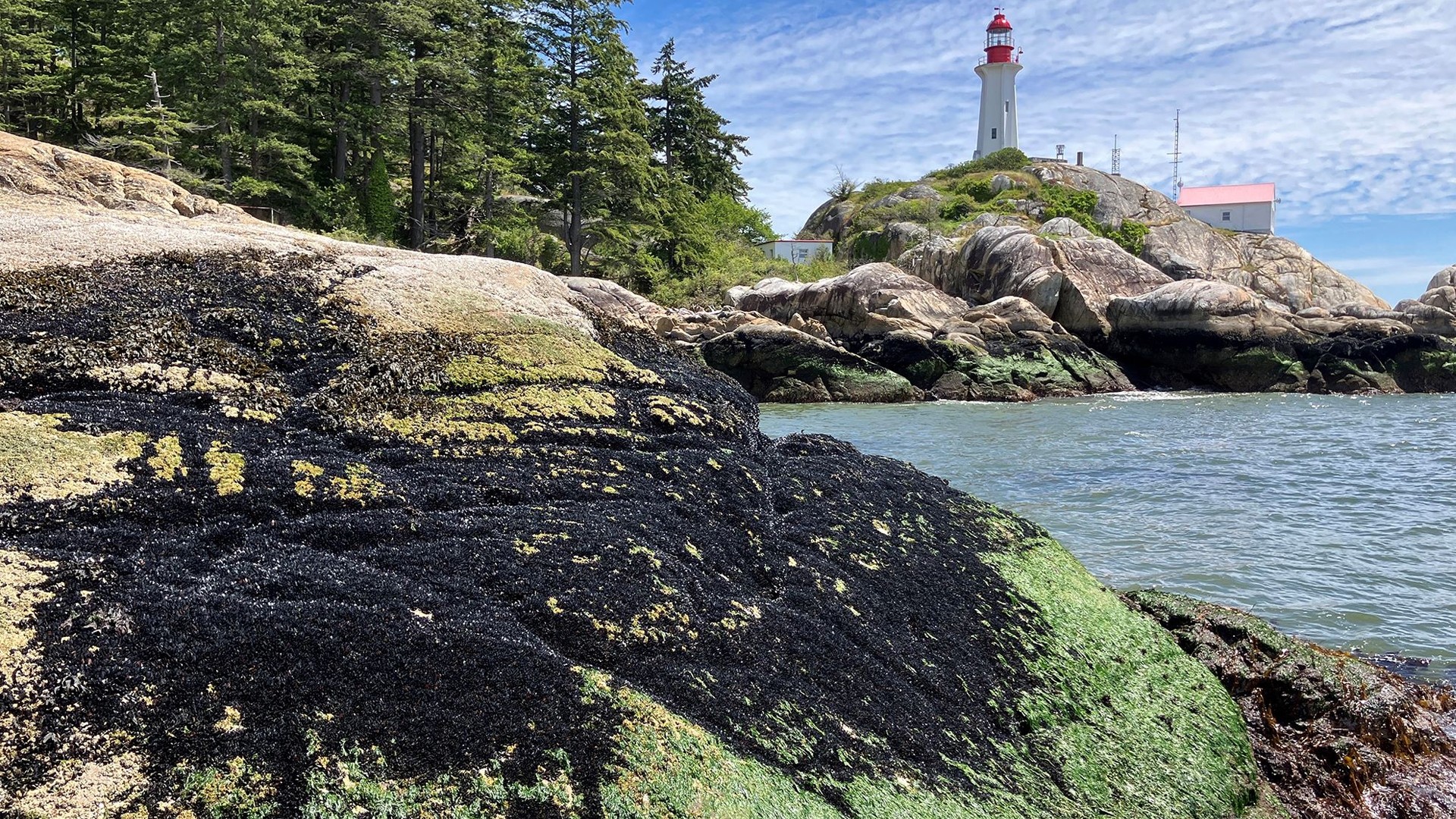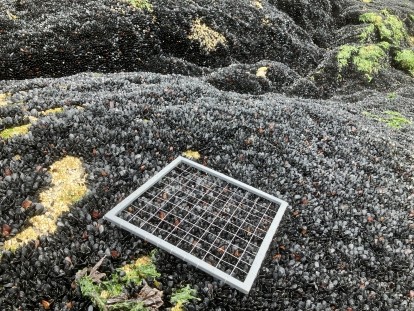
A StFX biology professor has found encouraging news on the recovery of intertidal mussel stands three years after the severe 2021 heatwave in British Columbia.
Dr. Ricardo Scrosati conducted surveys in the Vancouver region in June 2024 where an intense heatwave in summer 2021 affected the Pacific Northwest region of Canada and the United States. The heat wave caused the mass mortality of billions of intertidal mussels. Dr. Scrosati’s findings are published in a photo article in the journal Diversity
Dr. Scrosati said this loss was concerning because mussels are not only important for coastal marine food webs, but because mussels normally form dense stands that host a myriad of other species, so they are central to maintaining coastal biodiversity.
“The good news is that mussels are experiencing a vigorous recovery through the recolonization of intertidal habitats where adult mussels died extensively in 2021.”
Dr. Scrosati says the project stems from his recent interest in documenting how the ongoing climate and oceanographic change is affecting our coastal marine resources. His Marine Ecology Lab reported a mass mortality of intertidal mussels on the Nova Scotia coast last year due to an unusual winter cold spell.

“Now, besides learning what losses are taking place on our coasts, I'm really interested in learning how resilient our coastal ecosystems are, that is, to learn their capacity for recovery after extreme weather events like the 2023 cold spell in Nova Scotia and the 2021 heatwave in British Columbia,” he says.
Dr. Scrosati’s research was funded by a Natural Sciences and Engineering Research Council of Canada (NSERC) Discovery Grant.

